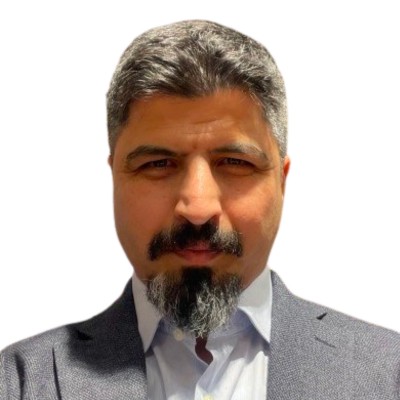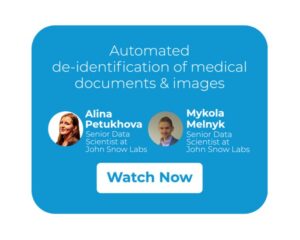First clinical pre-trained classifier for ADE and new NER model make Spark NLP for Healthcare the most effective and accurate NLP solution on the market
We’re very excited to announce today the release of our new named entity recognition (NER) model and classifier for Adverse Drug Events (ADE). The announcement takes place on the first day of our inaugural NLP Summit, a free community event focused on applied NLP, being held online from October 6-16.
While the ADE NER model will help extract ADE and drug entities from a given text, the new ADE Classifier is trained on various ADE datasets, including academic texts, social media, and clinical notes.
By combining ADE NER and Classifier, this release ncludes a new pre-trained clinical pipeline for ADE tasks to save users from building pipelines from scratch. Pretrained pipelines are already fitted using certain annotators and transformers according to various use cases.
According to The Journal of Medical Internet Research, adverse events (AE) in health care entail substantial burdens to health care systems, institutions, and patients, but remain a persistent problem. Negative consequences include extended hospital stays, higher readmission rates, costs, and mortality. Electronic health records (EHR) and natural language processing (NLP) solutions, such as Spark NLP for Healthcare, have made it possible to more effectively and accurately detect prevalent adverse events.
“The enhancements to Spark NLP for Healthcare not only improve the ability to detect adverse drug events, but help prevent the likelihood of future events, thus improving overall care” said David Talby, CTO, John Snow Labs. “These models are pre-trained with Clinical Biobert embeddings, the most powerful contextual language model in the clinical domain today, making it an easy-to-use, best-in-class solution for healthcare NLP projects.”
* Giorgi, John, et al. “End-to-end Named Entity Recognition and Relation Extraction using Pre-trained Language Models.” arXiv preprint arXiv:1912.13415 (2019).
To learn more about ADE NER and Classifier, visit page Healthcare NLP
Additionally, as a commitment to spreading knowledge and putting AI to work for good, we’re providing free access to healthcare datasets, NLP software, and its Healthcare AI platform for data scientists working on COVID-19 projects.
As part of this ongoing effort, Generative AI in Healthcare is driving innovations like the Healthcare Chatbot, which can assist healthcare providers by delivering real-time, AI-driven insights and improving patient interactions, ultimately enhancing care delivery during critical times like the COVID-19 pandemic.





























